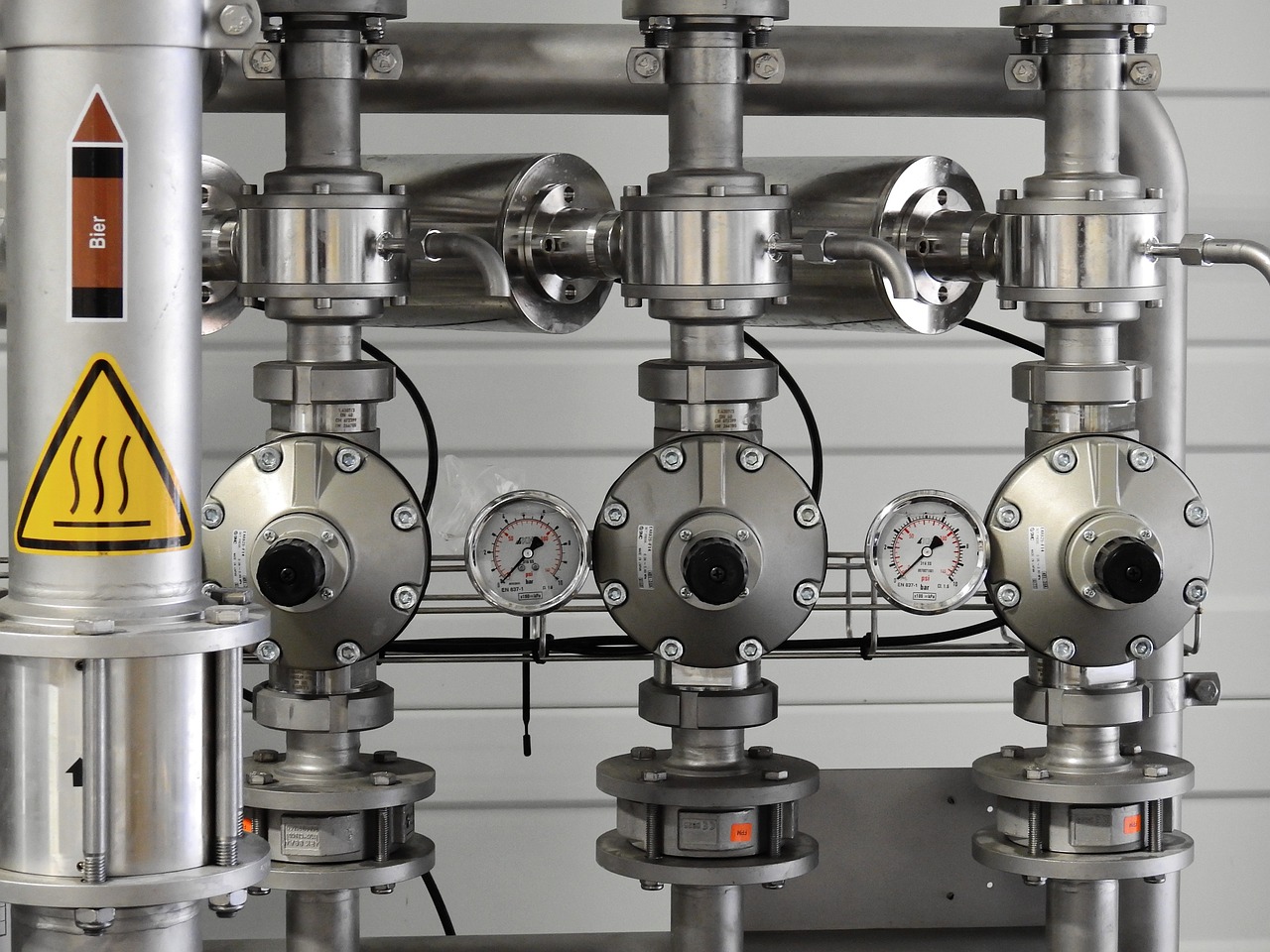
Supply chain management is an aspect that is vital for any major industry, and it is the same for the steel industry. It is because steel production requires raw materials from various sources and involves different manufacturing stages. Majorly, it is divided into two aspects—the upstream and downstream.
Learn which is a better industry: iron, steel, or aluminium.
The upstream steel supply chain
The upstream steel supply chain aims to ensure a reliable source of high-quality raw materials for downstream manufacturing processes. To achieve this goal, the upstream steel supply chain must be efficient and cost-effective. As such, steel companies need to have a well-developed understanding of their supply networks and how they can best manage these to ensure their continued success.
Broadly, the upstream aspect comprises all the activities involved in acquiring the raw materials needed to manufacture steel products. It encompasses
- mining operations
- transportation services
- scrap metal collectors
- refiners
- suppliers of alloying elements
- and other input materials
The first three activities involve processing operations required to convert raw materials into steel products. It is where melting, casting, and rolling steel also happen. Additionally, the upstream steel supply chain incorporates services such as testing, inspection, and packaging of the finished product. Indeed, the upstream steel supply chain is a complex system, and it demands careful management, which also needs
- supplier selection and relationship management
- inventory control
- strategic sourcing and procurement
- transportation and logistics planning,
- quality control and assurance,
- and environmental compliance.
The downstream steel supply chain
The part of the supply chain that involves producing and delivering finished steel products to end users is the downstream one. Its goal is to ensure customers receive the steel products they need promptly and efficiently while ensuring profitability.
The downstream steel supply chain is also responsible for managing supplier relationships and monitoring market trends. Thus, a strong collaboration between manufacturers, suppliers, and customers is essential to understand their individual needs. By working together, manufacturers can smoothen their production processes, reduce costs, and improve customer satisfaction. In turn, it increases excellent deals for all parties involved in the downstream steel supply chain.

Importance of an efficient supply chain in the steel industry
The steel industry is highly competitive, and manufacturers must use competent supply chain management to stay ahead. Companies need to consider many different factors, such as
- cost
- quality control
- lead times
- customer service levels,
- reliability and sustainability
- risk management and innovation
- and compliance with all relevant legislation.
To optimize the steel supply chain, companies must clearly understand their business needs and objectives. They need to identify and analyze every link in the chain, from mining/recycling and fabrication to distribution. It will enable them to determine which parts of the supply chain are critical for meeting customer requirements and driving organizational objectives.
Organizations remain competitive in a global market by effectively managing the steel supply chain. Furthermore, having an excellent supply chain system can help reduce a company’s environmental impact. It will have better tracking of resources used during production. Hence, areas of waste can be identified and eliminated. By reducing the number of resources used, companies can lessen their carbon footprint and help protect the environment.
